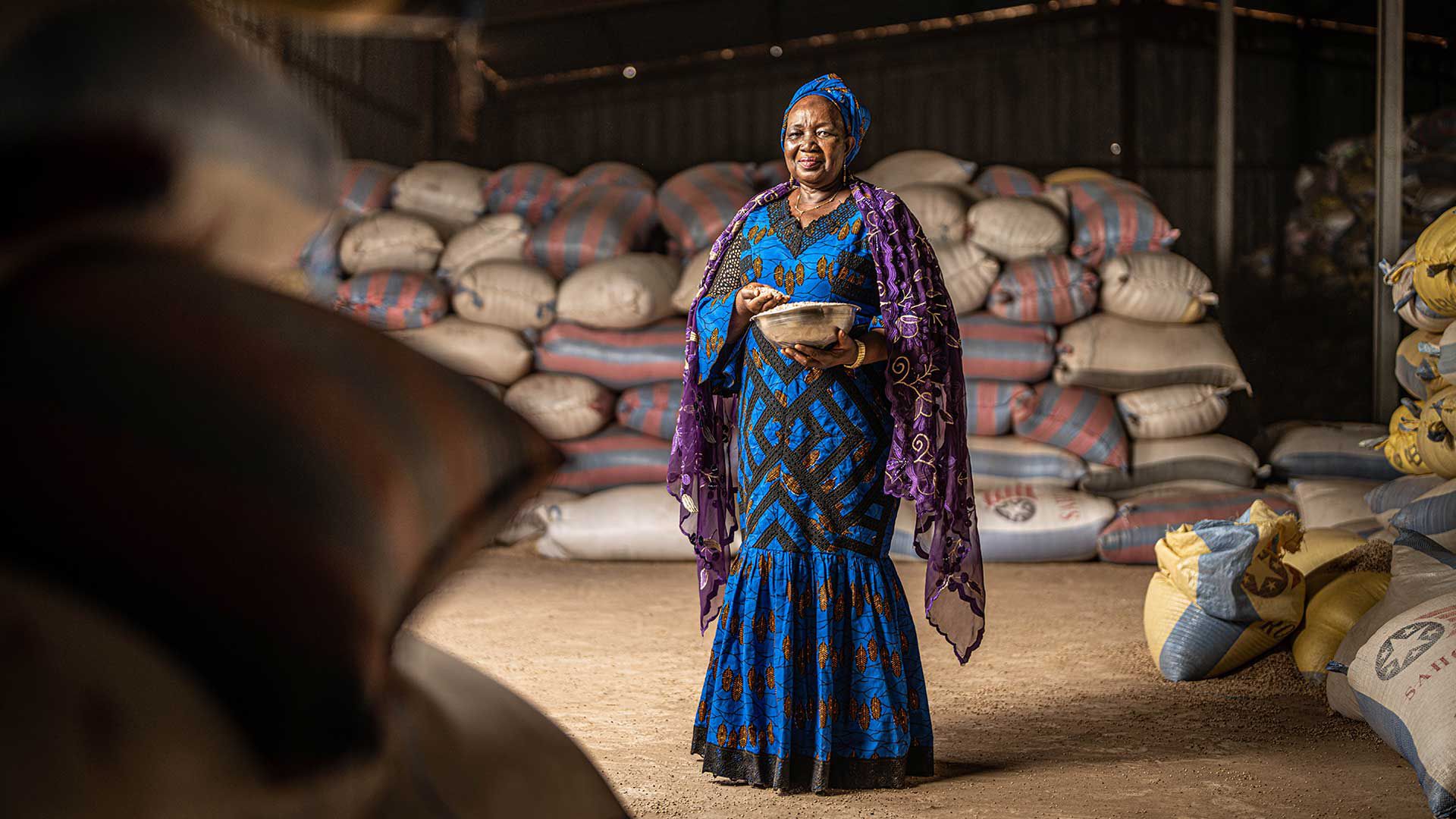Global trade is essential for growth and a key driver of integration and opportunities for local enterprises. Financing trade is fundamental to the movement of goods at all stages of the supply chain and can have a strong development impact on developing countries.
 Traders work on the floor of the Ghana Stock Exchange in Accra, Ghana. © Jonathan Ernst / World Bank
Traders work on the floor of the Ghana Stock Exchange in Accra, Ghana. © Jonathan Ernst / World Bank
IFC’s Trade and Commodity Finance programs offer guarantees, risk-sharing facilities, loans and other structured products to support trade in emerging markets. Through these various products, IFC has supported more than 400 financial institutions and thousands of underlying companies in more than 90 countries across all regions of the globe.
To date, IFC’s Trade and Commodity Finance unit has supported over $145 billion in global trade, all of which is directly linked to the movement of specific goods across emerging market borders. IFC’s Trade and Commodity Finance unit has supported $57 billion in trade in the world's poorest countries, those eligible to borrow from the World Bank's International Development Association (IDA). It has also enabled $4.6 billion in trade amid challenging conditions in fragile and conflict-affected states.
Development Impact
Trade finance is a priority for IFC because we have seen the high development impact it can have on developing countries. IFC is playing a leadership role in supporting and protecting global trade flows to the world’s poorest countries at a time when many banks are pulling out of trade finance. IFC is delivering a coordinated set of programs that support global trade by helping stabilize and foster trade and commodity finance. In particular, IFC focuses on supporting trade in areas such as agribusiness, SMEs, and energy, because these have the greatest impact to meet the World Bank Group’s twin goals of eradicating poverty and creating shared prosperity.
To date, IFC’s Trade and Commodity Finance unit has supported over $145 billion in global trade, of which $57 billion has been in IDA countries, all of which is directly linked to the movement of specific goods across emerging market borders. IFC has enabled $4.6 billion in trade amid challenging conditions in fragile and conflict-affected states and has supported trade and investments in 37 of the 40 fragile and conflict-affected states.


